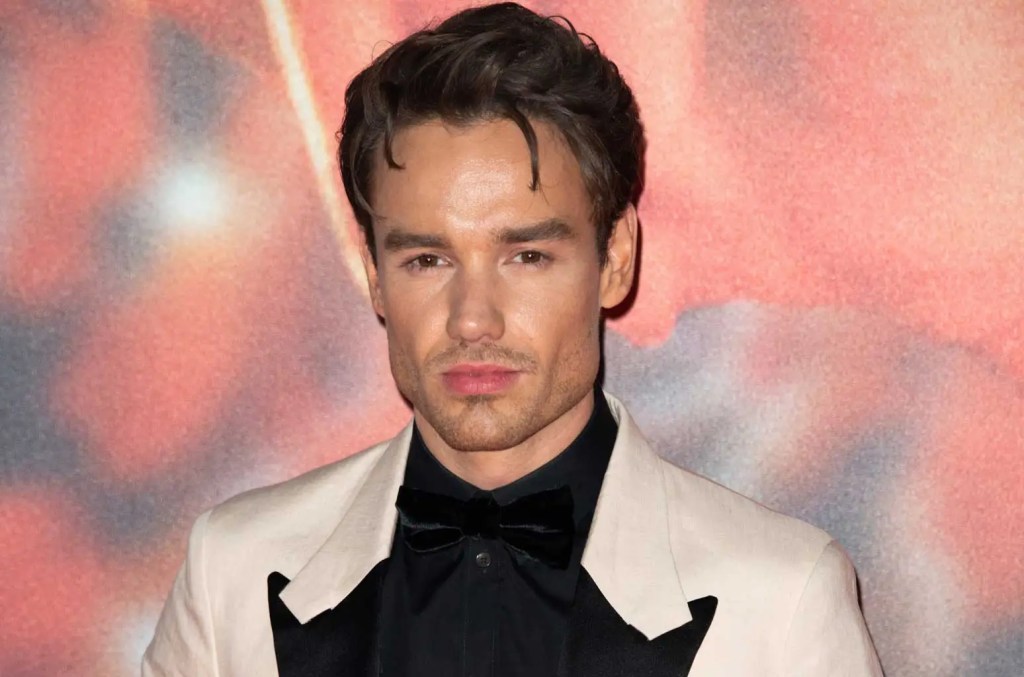Liam Payne: Understanding His Journey With Bipolar Disorder
Liam Payne has captivated millions with his soulful voice and charismatic personality, but behind the scenes, he has faced personal challenges that many are unaware of. One of the most significant aspects of his life has been his struggle with bipolar disorder, a mental health condition that affects millions worldwide. In a society where mental health is often stigmatized, Payne’s openness about his experience has sparked important conversations about mental health awareness and acceptance.
As a member of the globally successful band One Direction, Liam Payne rose to fame at a young age. Despite the glitz and glamour of his career, he has battled with the ups and downs of bipolar disorder, leading him to share his story in hopes of helping others. Through interviews and social media, he has shed light on his mental health journey, emphasizing the importance of seeking help and breaking the stigma surrounding mental illness.
In this article, we will explore Liam Payne’s experiences with bipolar disorder, his personal biography, and how he has navigated his career while managing this condition. We will also delve into the broader implications of mental health in the entertainment industry and how celebrities like Payne can play a pivotal role in fostering understanding and compassion around mental health issues.
What is Bipolar Disorder?
Bipolar disorder is a mental health condition characterized by extreme mood swings that include emotional highs (mania or hypomania) and lows (depression). These episodes can affect sleep, energy, activity, judgment, behavior, and the ability to think clearly. Understanding this condition is crucial, as it can help reduce stigma and promote empathy towards those who live with it.
Who is Liam Payne?
Liam Payne is an English singer and songwriter known for his time with One Direction and his subsequent solo career. Born on August 29, 1993, in Wolverhampton, England, he has become a prominent figure in the music industry. His journey from a young boy with dreams of stardom to an internationally recognized artist showcases not only his talent but also his resilience in facing personal challenges.
| Personal Details | Information |
|---|---|
| Name | Liam James Payne |
| Date of Birth | August 29, 1993 |
| Place of Birth | Wolverhampton, England |
| Profession | Singer, Songwriter |
| Years Active | 2010 - Present |
| Notable Works | One Direction, Solo Albums |
How Has Liam Payne Coped with Bipolar Disorder?
Throughout his career, Liam has spoken candidly about his experiences with bipolar disorder. He has shared that he struggled with anxiety and depression, especially during the height of his fame. Coping mechanisms that he has found helpful include therapy, open communication with friends and family, and being open about his feelings with his fans.
What Are the Signs and Symptoms of Bipolar Disorder?
Recognizing the signs of bipolar disorder can be vital in seeking help. Some common symptoms include:
- Extreme mood swings
- Periods of high energy and reduced need for sleep
- Feelings of euphoria or irritability
- Depressive episodes that may include sadness or hopelessness
- Difficulty concentrating or making decisions
How Has Liam’s Journey Influenced Others?
Liam Payne’s openness about his mental health has had a profound impact on others. By sharing his struggles, he has inspired many fans and fellow celebrities to speak up about their mental health challenges. His advocacy has contributed to a broader movement of acceptance and understanding surrounding mental illness, encouraging individuals to seek help and support.
What Role Does the Music Industry Play in Mental Health Awareness?
The music industry can often be a challenging environment for mental well-being. High-pressure situations, constant scrutiny, and the demands of fame can exacerbate mental health issues. However, artists like Liam Payne are using their platforms to raise awareness and advocate for better mental health resources within the industry.
What Can We Learn from Liam Payne’s Story?
Liam Payne’s journey with bipolar disorder teaches us several valuable lessons:
- The importance of seeking help when needed
- Breaking the stigma surrounding mental health discussions
- Supporting loved ones who may be struggling
- Using one’s platform to raise awareness and foster understanding
What’s Next for Liam Payne?
As Liam continues to navigate his career and personal life, his commitment to mental health advocacy remains strong. Fans can expect new music and initiatives aimed at promoting mental health awareness. By standing in solidarity with others facing similar challenges, he continues to play a crucial role in the movement towards understanding and acceptance of mental health issues.
In conclusion, Liam Payne’s story is not just about his career as a musician, but also about his resilience in the face of adversity. His openness about bipolar disorder has paved the way for important conversations about mental health, reminding us that it is okay to seek help and that we are not alone in our struggles. As we continue to support and uplift one another, we can create a more compassionate and understanding world for everyone.
Article Recommendations
- Who Is Amanda Righetti Married To Now
- Is Kim Kardashian Pregnant
- Desmond Harrington
- Jeny Howorth Date Of Birth
- Rhys Matthew Bond
- Liholiho Yacht Club
- News About Kendrick Lamar
- The Drive Clothing
- Amelia Shepherd
- Kylie Jenner Naked


:max_bytes(150000):strip_icc():focal(749x0:751x2)/liam-payne-all-of-those-voices-uk-premiere-051723-2-0d831dd6a55e4e5eaf6936ea6c8f6839.jpg)